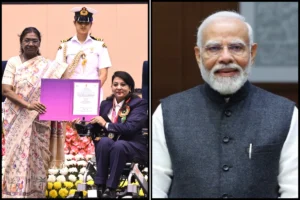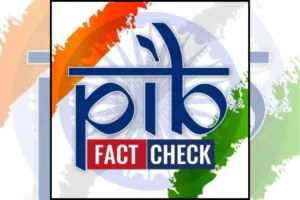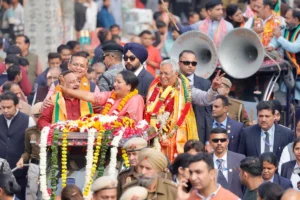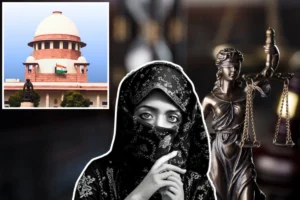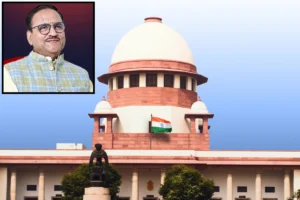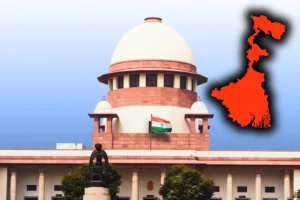
Arvind Kejriwal
The Delhi High Court withheld its verdict on Wednesday in response to Delhi Chief Minister Arvind Kejriwal’s petition contesting his arrest and detention over alleged involvement in the controversial Delhi excise policy. The Enforcement Directorate (ED) rebuffed Kejriwal’s assertions that his arrest during the Lok Sabha elections disrupted the electoral ‘level playing field’ and violated the fundamental structure.
In the Delhi High Court hearing, Additional Solicitor General (ASG) SV Raju, representing the ED, argued that Kejriwal wields significant influence and possesses copies of chargesheets and documents, both relied upon and unrelied upon.
Raju drew a parallel to the corruption charges against Kejriwal by stating, “Suppose a political figure commits murder before an election. Should they not be subject to arrest? Would their arrest affect the election? You commit murder and then claim immunity from arrest…”
Contrary to Kejriwal’s assertions that the ED lacked substantial evidence linking him to the alleged scam, the ED contended that a money trail had been traced, indicating Kejriwal’s involvement. Moreover, they dismissed Kejriwal’s claim that his and former Deputy Chief Minister Manish Sisodia’s arrests were primarily based on statements made by accused-turned-approvers.
The Aam Aadmi Party (AAP) highlighted a recurring pattern wherein initial statements made by accused individuals omit the names of party leaders. It is only after arrest and interrogation that these individuals alter their statements. Responding to this pattern, which was also raised by the Supreme Court during the bail hearing of AAP MP Sanjay Singh, Raju argued that accused individuals may change their statements upon being presented with evidence. He emphasized that when confronted with material evidence, individuals often retract their previous statements.
To read more such news, download Bharat Express news apps









